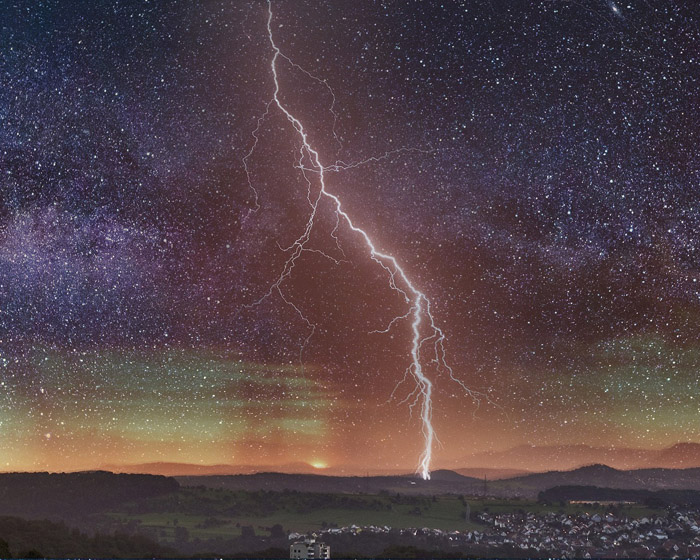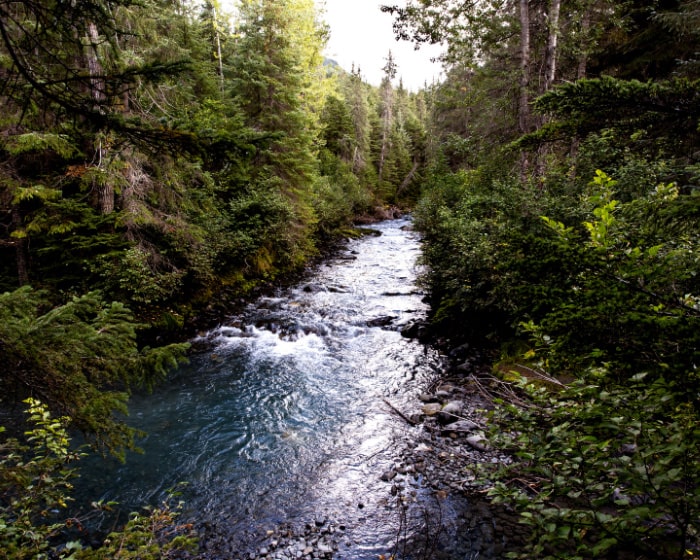A Call to Action
Ice-sheet mass loss is not a simple uniform response to climate warming but is punctuated, for example, by short-term extreme melting events, and by the catastrophic break-up of ice shelves along the coast which can occur rapidly unplugging much larger amounts of ice from further inland," commented Edward Hanna, Professor of Climate Science and Meteorology.
The patterns, processes, and impacts of ice-sheet variability on different timescales from days through to millennia are not well understood. Failing to account for such variability can result in biased projections of future ice-sheet mass loss.”
This review serves as a call to action, urging the scientific community to prioritise research efforts that will enhance the understanding of ice sheet variability. It is crucial that scientists, policymakers, and stakeholders collaborate more closely to improve climate and ocean monitoring systems, refine models, and ensure that ice sheet models accurately represent the observed changes.
The research was sponsored by the World Climate Research Programme’s Climate and Cryosphere project, the International Arctic Science Committee, and the Scientific Committee on Antarctic Research.

/prod01/university-of-lincoln-cdn-pxl/media/responsive2017/research/newresearch/Glacier,research,banner2,1600X600.jpg )




